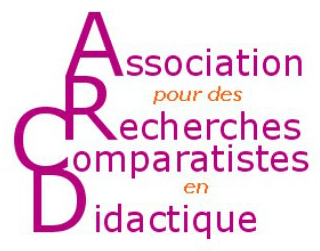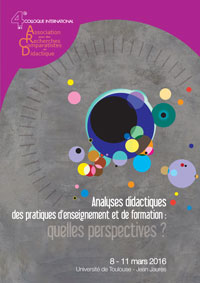In this presentation, I propose that research about the limits and possibilities for action offered by different teaching traditions may influence students' learning and be useful for teachers in thinking about and planning their teaching practices. Activities such as education, teaching and learning are constituted by choices of content and manners of teaching. These choices communicate what counts as valid knowledge and the proper ways of creating knowledge within the practice. I argue that comparative didactic studies, identifying teaching traditions in different educational practices, subjects and/or countries, contribute to an understanding of the prerequisites for learning formed in each of the traditions. In so doing, the research can create knowledge about the relation between customs of teaching and the learning outcome. In the presentation, I will present the framework of and some results from the project Teaching Traditions and Learning. The project builds on a comparative didactics approach combination with a pragmatic perspective on teaching and learning. The ambition is to search for as many different teaching traditions as possible in order to optimize the possibility to find effective and fruitful teaching approaches. Therefore, the project includes participants from various contexts in three countries; France, Sweden and Switzerland.
|
4ème colloque international de l’ARCD Toulouse, du 8 au 11 mars 2016 Analyses didactiques des pratiques d’enseignement et de formation : quelles perspectives ? |
|
||||
| APPEL A COMMUNICATION | DEPOT COMMUNICATION | PROGRAMME | COMITE SCIENTIFIQUE | INFORMATIONS PRATIQUES | INSCRIPTIONS | ||||||||||||||||||||||
|
|
|
|
Teaching traditions and learning – a comparative didactic approach
|


 PDF version
PDF version
